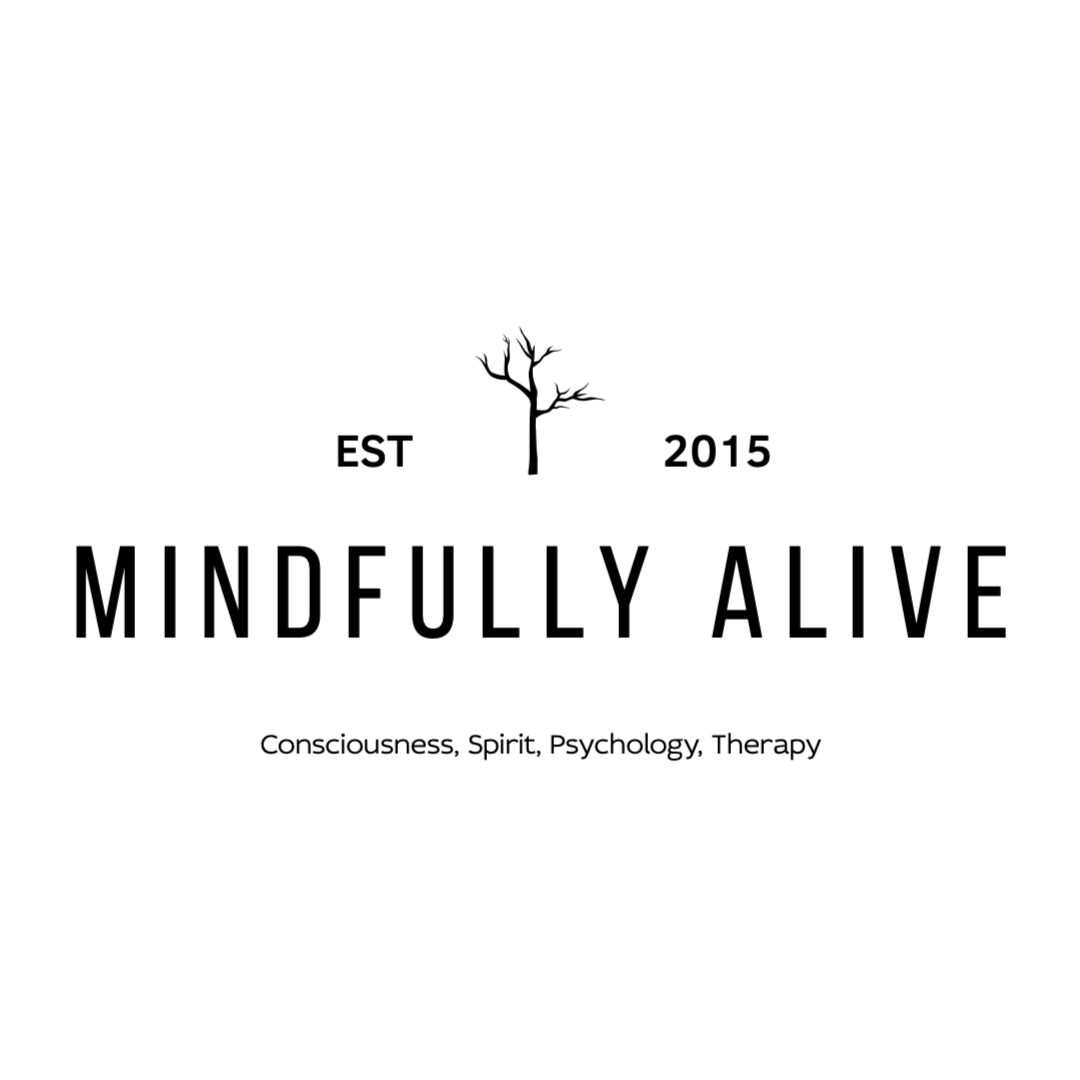Breaking free from people pleasing: trusting yourself in a world that doesn’t revolve around you
 At some point in your life, you’ve probably said, overheard, or received the expression “the world doesn’t revolve around you”. In general, a fact, as it is our understanding that the world we live in revolves around the sun. But what does this adage teach us? To be considerate of others, maybe, but it can also become the basis for people pleasing and ignoring our own needs. While the whole world may not revolve around us individually, as individuals we are the center of our own universe. This is, in part, a large reason as to why we may have a tendency of fixating on ourselves and/or taking things “too” personally. As human beings, we’re also hard-wired to seek acceptance—membership in community is desirable and beneficial for our instinctive survival. But when we choose to stop trusting in ourselves, in our intuition, for the sake of maintaining this membership, we may end up leading a life that feels restrictive, artificial, and unaligned with our needs.
At some point in your life, you’ve probably said, overheard, or received the expression “the world doesn’t revolve around you”. In general, a fact, as it is our understanding that the world we live in revolves around the sun. But what does this adage teach us? To be considerate of others, maybe, but it can also become the basis for people pleasing and ignoring our own needs. While the whole world may not revolve around us individually, as individuals we are the center of our own universe. This is, in part, a large reason as to why we may have a tendency of fixating on ourselves and/or taking things “too” personally. As human beings, we’re also hard-wired to seek acceptance—membership in community is desirable and beneficial for our instinctive survival. But when we choose to stop trusting in ourselves, in our intuition, for the sake of maintaining this membership, we may end up leading a life that feels restrictive, artificial, and unaligned with our needs.
Self-Esteem and Approval Seeking
 “Connection is key”, as the proverbs often say, but what if our connections start to create restrictions? What if we become so invested in the people, the places, the things, the ideas around us that we lose our faith in ourselves? Confidence is based on trust. When we don’t exude confidence, it is in part because we don’t trust ourselves. This tendency may cause us to seek approval and validation in others rather than relying on our intrinsic awareness. If you find yourself in this position, consider where and why is your trust lacking? Maybe, historically, you were put down by others, didn’t fit social norms, were surrounded by reactive people, never felt in control— the list can go on. These opinions, social systems, experiences, and responses are the foundation for your beliefs which can guide your life through empowerment or create limitations around your potential.
“Connection is key”, as the proverbs often say, but what if our connections start to create restrictions? What if we become so invested in the people, the places, the things, the ideas around us that we lose our faith in ourselves? Confidence is based on trust. When we don’t exude confidence, it is in part because we don’t trust ourselves. This tendency may cause us to seek approval and validation in others rather than relying on our intrinsic awareness. If you find yourself in this position, consider where and why is your trust lacking? Maybe, historically, you were put down by others, didn’t fit social norms, were surrounded by reactive people, never felt in control— the list can go on. These opinions, social systems, experiences, and responses are the foundation for your beliefs which can guide your life through empowerment or create limitations around your potential.
Identifying with our Limiting Beliefs
Think of limiting beliefs as your brains future pain protection system— designed to keep you in place to prevent the potential for heartbreak, loss or disappointment. While these actions are rooted in safety, they have a tendency of reducing quality and capacity when it comes to the evolution of our lives. How do you know if your beliefs are limiting you? Consider your currently unmet goals, what’s stopping you from completing them? Listen to your internal response. Notice if the language focuses on restraint— whether it be of the self or in your environment. Some common language around limiting beliefs includes: “I’m not _____ enough”, “I’m too _______”, “I’ll never ________”, “I can’t_____”. These beliefs can revolve around time, resources, ability— often a means of justifying your thoughts/actions/positions/opinions to protect you from fear and prevent exploration of your full life and self.
Dealing with Uncertainty
 Certainty is defined as “the quality of being reliably true”. Certainty implies dependability, but does not equate exactness. That is to say, while some things can be dependable and certain, there is always room for variability and doubt. Sit with this for a minute. So, how do we learn to develop certainty within ourselves with the knowledge that nothing is definite? Start by understanding your own values. What do you believe? What was taught to you? What parts of those concepts resonate with you? What parts are causing conflict? Then, develop awareness around your intuition— what you know rather than what you think (Note: your intuition will never scare you but your judgements, fears, and anxieties may). Ultimately, when it comes to decision making, you’ll never know if it’s the “right or wrong” choice until you’ve had the experience. By knowing what it is that you intrinsically desire and trusting this inherent knowledge, regardless of the outcome, each decision you make and step you take will just inform the next— continuing to create a life full of meaning and purpose.
Certainty is defined as “the quality of being reliably true”. Certainty implies dependability, but does not equate exactness. That is to say, while some things can be dependable and certain, there is always room for variability and doubt. Sit with this for a minute. So, how do we learn to develop certainty within ourselves with the knowledge that nothing is definite? Start by understanding your own values. What do you believe? What was taught to you? What parts of those concepts resonate with you? What parts are causing conflict? Then, develop awareness around your intuition— what you know rather than what you think (Note: your intuition will never scare you but your judgements, fears, and anxieties may). Ultimately, when it comes to decision making, you’ll never know if it’s the “right or wrong” choice until you’ve had the experience. By knowing what it is that you intrinsically desire and trusting this inherent knowledge, regardless of the outcome, each decision you make and step you take will just inform the next— continuing to create a life full of meaning and purpose.
Mindfulness tip: Deconstructing limiting beliefs
- Identify the belief (what thoughts/values/systems are preventing you from your potential?)
- Acknowledge its purpose (what part of you validates/agrees with this limiting belief?)
- Find your motive (if you had no limitations, what would you aspire to achieve?)
- Challenge the belief (how do your intrinsic values discredit/invalidate this idea?)
- Integration (how can you acknowledge your fears and also promote forward growth?)
Quote: To be yourself in a world that is constantly trying to make you something else is the greatest accomplishment.- Ralph Waldo Emerson






Be the first to reply